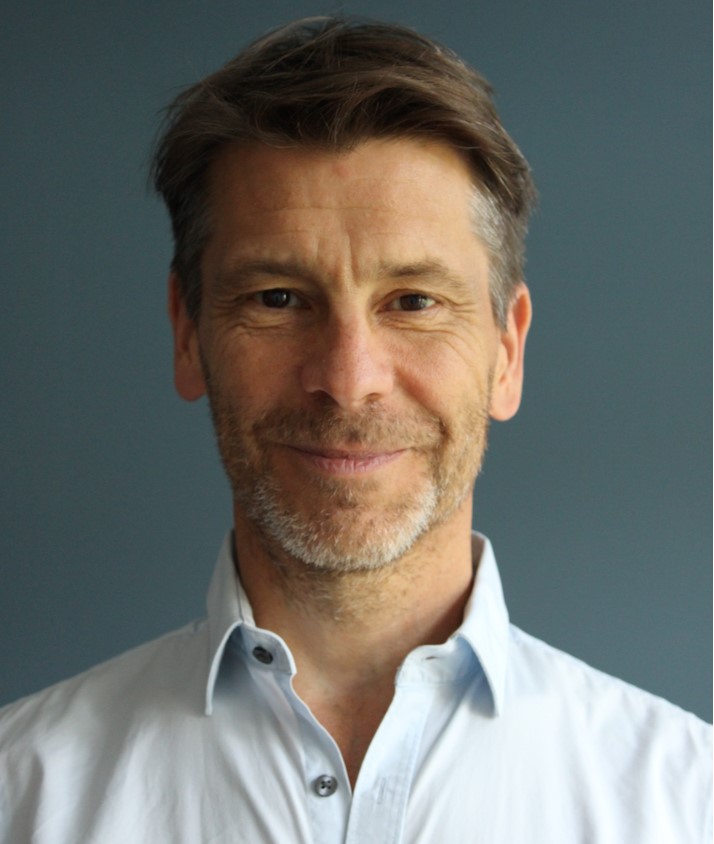
About the Event Series
The Getting Practical with FAIR series, hosted by the NIH Office of Data Science Strategy (ODSS) and the GO FAIR Foundation, provides an opportunity to learn about the theoretical and practical foundations of the FAIR (Findable, Accessible, Interoperable, Reusable) Principles and how they can enhance the discovery, utility and attribution of biological and biomedical research data. The principles, first published in Nature in 2016, created a set of guidelines which seek to enhance the sharing and reuse of data. Through this event series, ODSS and the GO FAIR Foundation will support participants who seek to learn how FAIR works in practice, the skills needed to implement FAIR, and how to make FAIR a more routine aspect of their data management strategy.
Upcoming Events
Past Events
GO FAIR US Virtual Workshop Series
Managing Semantic Resources: Stakeholder-led Coordination
June 2, 4, 9, and 11, 2025
This series provided participants with new insights into the ways that knowledge and data are organized and semantically represented in biomedical research. The series was intended for researchers and data stewards at all levels of familiarity with semantic resources. Participants in this 4-part series:
- Became familiar with shared semantic resources, such as commonly used terms for data description and organization
- Understand models for shared management of community agreed-upon semantic resources and how to apply them to different situations
- Understand and apply technical approaches for establishing and maintaining semantic resources such as controlled vocabularies, and making them more FAIR
So, Why Go FAIR?
April 17, 2023, 11:00 A.M.-12:00 P.M. EST
This interactive webinar will provide stakeholders with historical and technical context to better understand FAIR and how the principles might impact their work. Presenters will explore key issues around FAIR interpretation and implementation, and consider technological trends in the FAIRification and orchestration of research data. The event is targeted towards a broad range of stakeholders including executives, policy makers, administrators, information technology experts, librarians, researchers, and data stewards. A few hands-on exercises will help to ground key concepts in practical examples. After the webinar, participants will:
- Be aware of long-term trends to make data more machine-actionable.
- Know what FAIR data are, and what they are not.
- Be familiar with what it takes to go FAIR
- Recognize the advantages of FAIR for the researcher and other stakeholders
View Speaker Bios Close Speaker Bios

Barbara Magagna
Barbara Magagna: is a landscape ecologist and knowledge engineer. She has been leading the development process of ontologies and vocabularies for the eLTER Research Infrastructure (ecosystem domain). As a co-chair of the RDA WG I-ADOPT she has co-developed an interoperability framework for the semantic representation of observable properties. Within ENVRI-FAIR she leads the FAIR assessment of data and services provided by Environmental Research Infrastructures. Barbara has worked for years as a university lecturer for GIS techniques and landscape planning at the University of Natural Resources and Life Sciences, Vienna. Since 2021, Barbara has been working with the GO FAIR Foundation to develop the FAIR Implementation Profile approach the and M4M workshop format.

Erik Schultes
Erik Schultes: Erik Schultes is an evolutionary biologist with a data-intensive research focus and has held previous academic appointments at the University of California Los Angeles, The Whitehead Institute for Biomedical Research at the Massachusetts Institute of Technology, and the Santa Fe Institute. Since 2018, Erik has been the FAIR implementation lead at the GO FAIR Foundation and is now Senior Researcher at the Leiden Academic Center for Drug Research. Erik is co-author on the original publication of the FAIR Guiding Principles and has, since 2016, been working with a diverse, international community of stakeholders to develop FAIR data and services. This work included the development of the first accredited FAIR awareness training programs for executives and practical introductions to FAIR data stewardship for front-line data producers. Erik is also co-developer of numerous FAIR maturity evaluation services and is the architect of the now widely adopted Three-Point FAIRification Framework (M4Ms, FIPs, and FDPs) that is deployed in numerous international settings.
Making Metadata FAIR
June 12-13, 2023, 10:00 A.M.-2:00 P.M. EST
This second event in the “Getting Practical With The FAIR Principles” series will build on foundational familiarity with FAIR by providing participants with practical experience tackling a key challenge in FAIR implementation, creating FAIR metadata. Following an introduction to concrete strategies and tools, participants will collaborate on a set of guided exercises to generate FAIR metadata based on an example dataset. Through this hands-on approach, participants will gain experience addressing real-world social and technical challenges to make metadata FAIR. participants will leave the workshop with a better understanding of how FAIR works in practice, the skills needed to implement FAIR, and how to make FAIR a more routine aspect of their data management and/or stewardship practices.
Following the workshop, participants will be able to:
- Define the characteristics of FAIR metadata
- Describe the steps required to make metadata FAIR
- Describe social and technical challenges related to creating FAIR metadata and strategies and tools that can help address them
- Interact successfully with one or more technical tools for creating FAIR metadata


